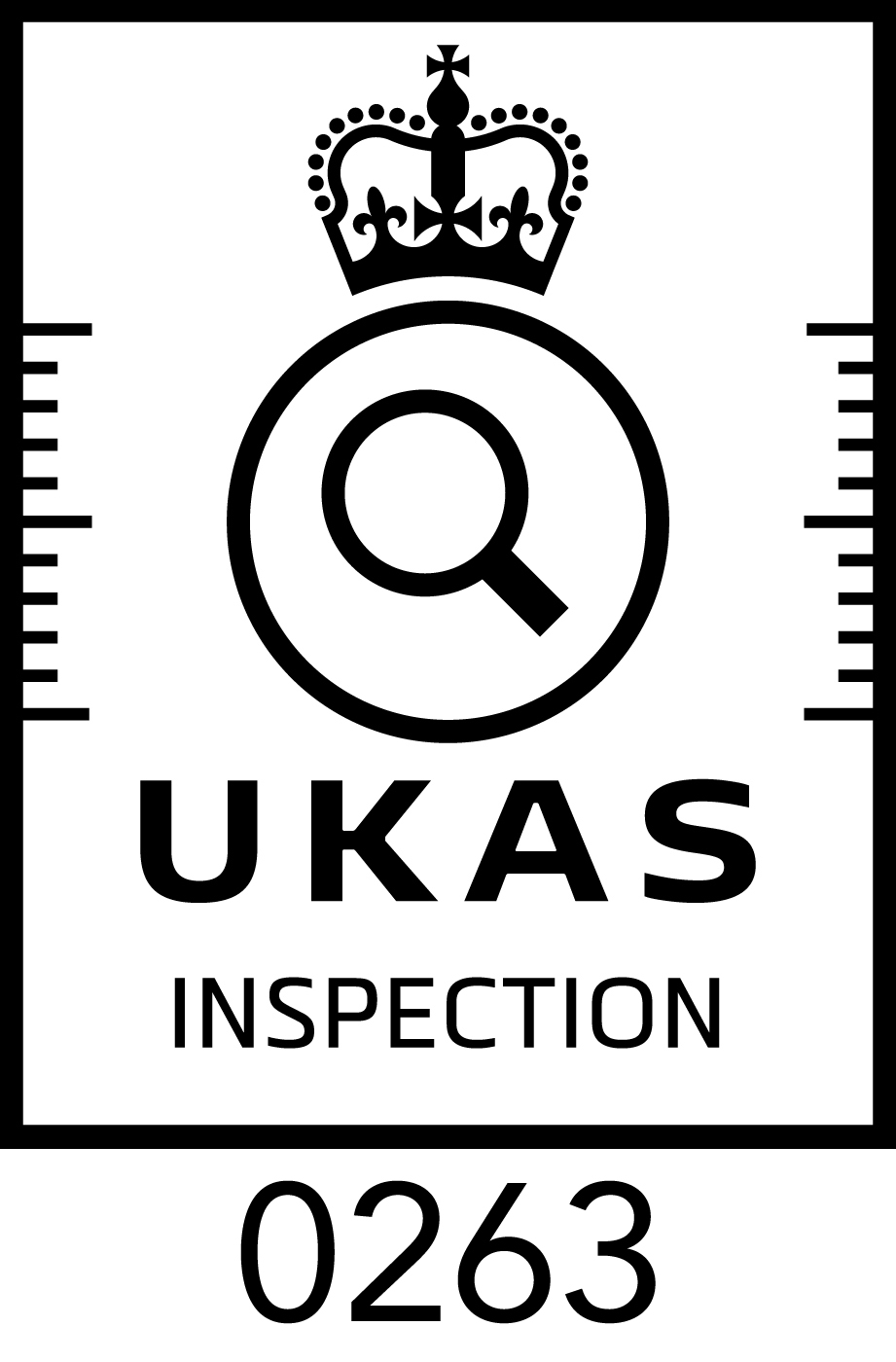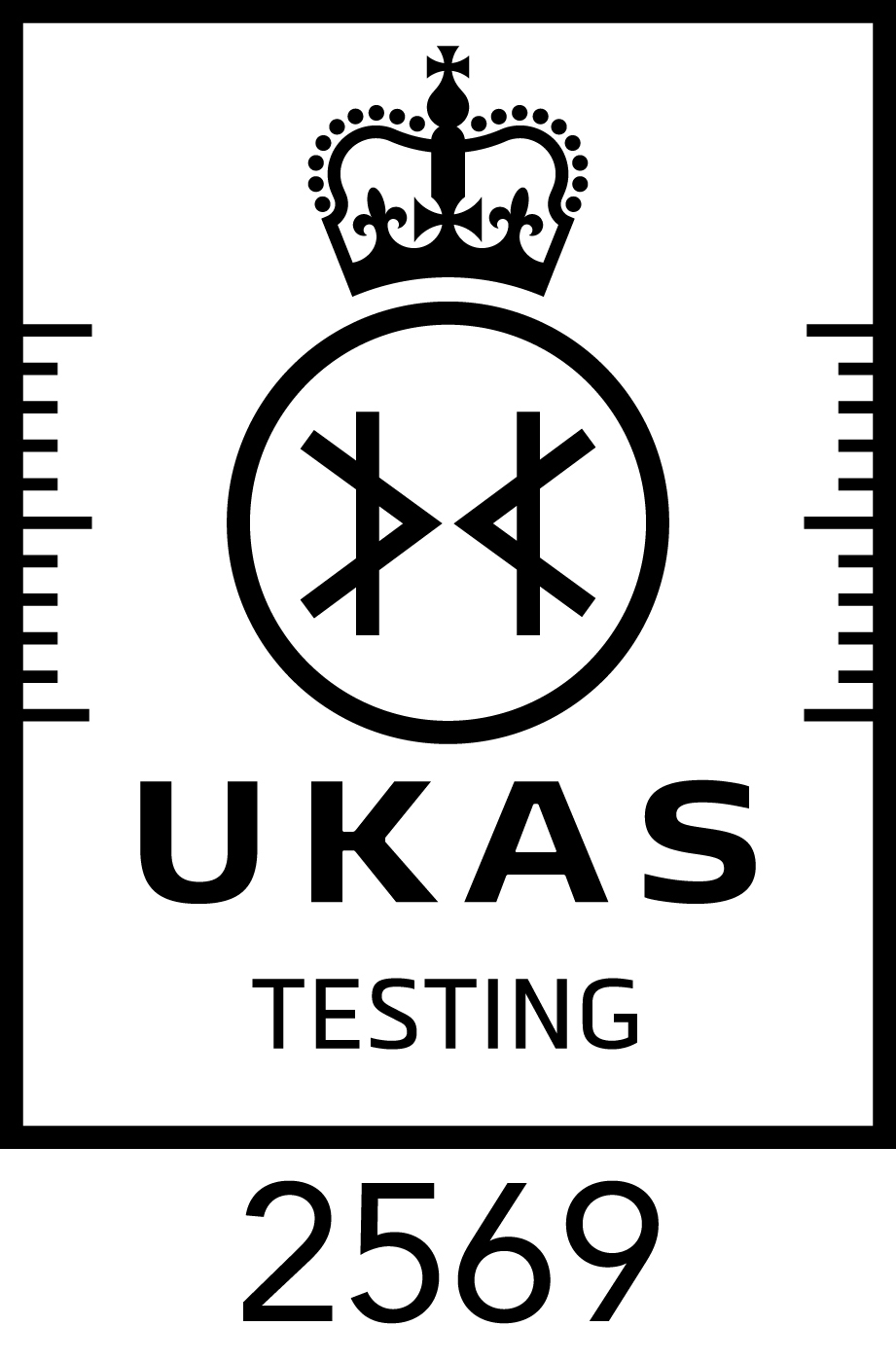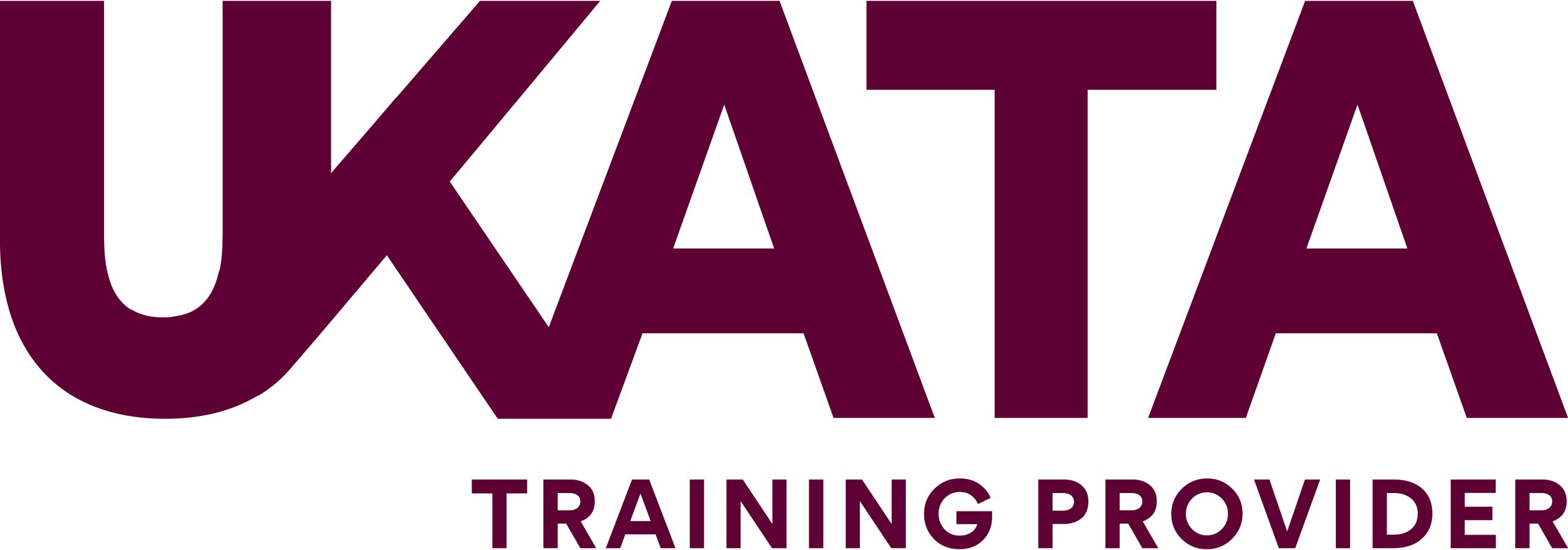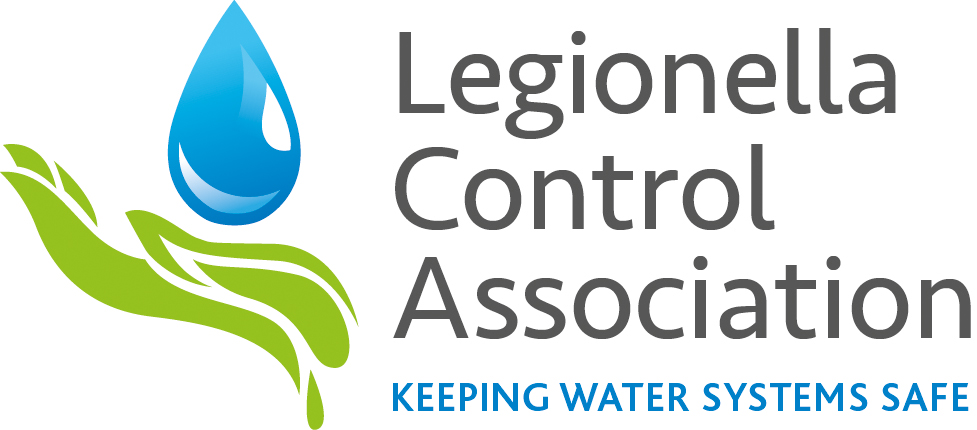Unlock the energy efficiency potential of your property with Lucion’s expert EPC services. We provide thorough assessments, clear ratings, and practical recommendations to help you meet legal requirements and enhance your building’s performance.
Energy Performance Certificates (EPCs) are more than just a legal requirement – they’re a valuable tool for understanding and improving your property’s energy efficiency. At Lucion, we offer comprehensive EPC services tailored to the needs of commercial property owners and Facilities Managers.
Our team of accredited energy assessors conducts detailed on-site inspections, meticulously collecting data on various aspects of your building, including:
- Heating and cooling systems
- Insulation
- Lighting
- Ventilation
- Renewable energy installations
We calculate your building’s energy performance rating on a scale from A (most efficient) to G (least efficient). This rating provides a clear benchmark for your property’s energy efficiency and helps identify areas for improvement.
Lucion’s EPC service goes beyond compliance. We provide:
Comprehensive Reports
Detailed EPC reports that not only meet regulatory requirements but also offer valuable insights into your building’s energy performance.
Actionable Recommendations
Practical suggestions for enhancing your property’s energy efficiency, potentially leading to significant cost savings and improved environmental performance.
MEES Compliance Support
Guidance on meeting Minimum Energy Efficiency Standards (MEES), ensuring your property remains leasable and marketable.
Portfolio Assessments
For property managers or owners with multiple properties, we offer portfolio-wide assessments to help you understand and manage your energy efficiency across all your assets.
With the increasing focus on energy efficiency and sustainability in the property sector, a strong EPC rating can be a significant asset. It can enhance your property’s market value, attract environmentally conscious tenants, and contribute to your overall sustainability goals.
Whether you’re selling, leasing, or simply want to improve your property’s energy performance, Lucion’s EPC services provide the insights and guidance you need. Contact us today to start your journey towards improved energy efficiency and compliance.
































